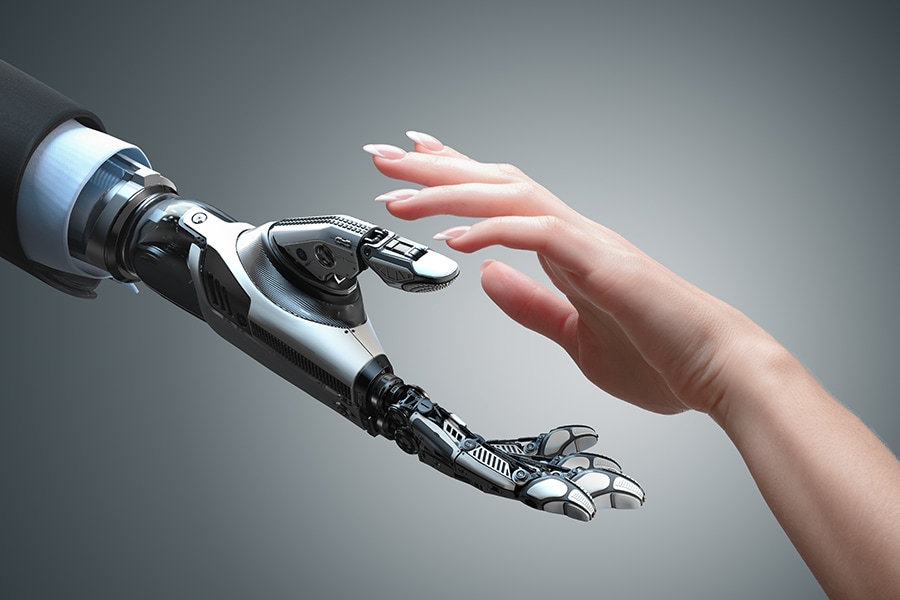
Can innovation save us from ourselves?
Can technology and wisdom save the world from its most pressing problems? James Heskett looks at a recent book on the subject, 'Homo Deus,' applauded often by Bill Gates and Mark Zuckerberg. What do YOU think?

Image: Shutterstock
Every year about this time McKinsey Quarterly publishes a list of books being read by select CEOs. If a book comes up frequently on the list, it may serve as the subject of this column—last year, Joshua Cooper Ramo’s book The Seventh Sense was the centerpiece of the August column. While we can’t assume that CEOs endorse what they read, it’s nevertheless interesting to know what they are thinking about.
This year, one book was mentioned twice (Sapiens: A Brief History of Humankind), and its author, Yuval Noah Harari, was listed a third time for his new book, Homo Deus. Both Bill Gates and Mark Zuckerberg have applauded Homo Deus, which reflects the expansive thinking, unbounded optimism, and innovative tendencies of many in the tech sector.
In Homo Deus, Harari picks up on the notion that we are in a post-Holocene epoch in which humans have brought humanity’s “three great enemies”—famine, plague, and war—under control. Having been subject to the ravages of environmental and other threats, some of their own making, humans have attained the knowledge, the will, the organization, and the mechanisms to subjugate every other species on the planet to their will.
In Harari’s words, “Since the appearance of life, about a billion years ago, never has a single species changed the global ecology all by itself... Now humankind is poised to replace natural selection with intelligent design, and to extend life from the organic realm into the inorganic.” Hence a title meant to signify the elevation of humans into gods. This in itself should be enough to evoke a storm of controversy ranging from the political to the religious.
This article was provided with permission from Harvard Business School Working Knowledge.




